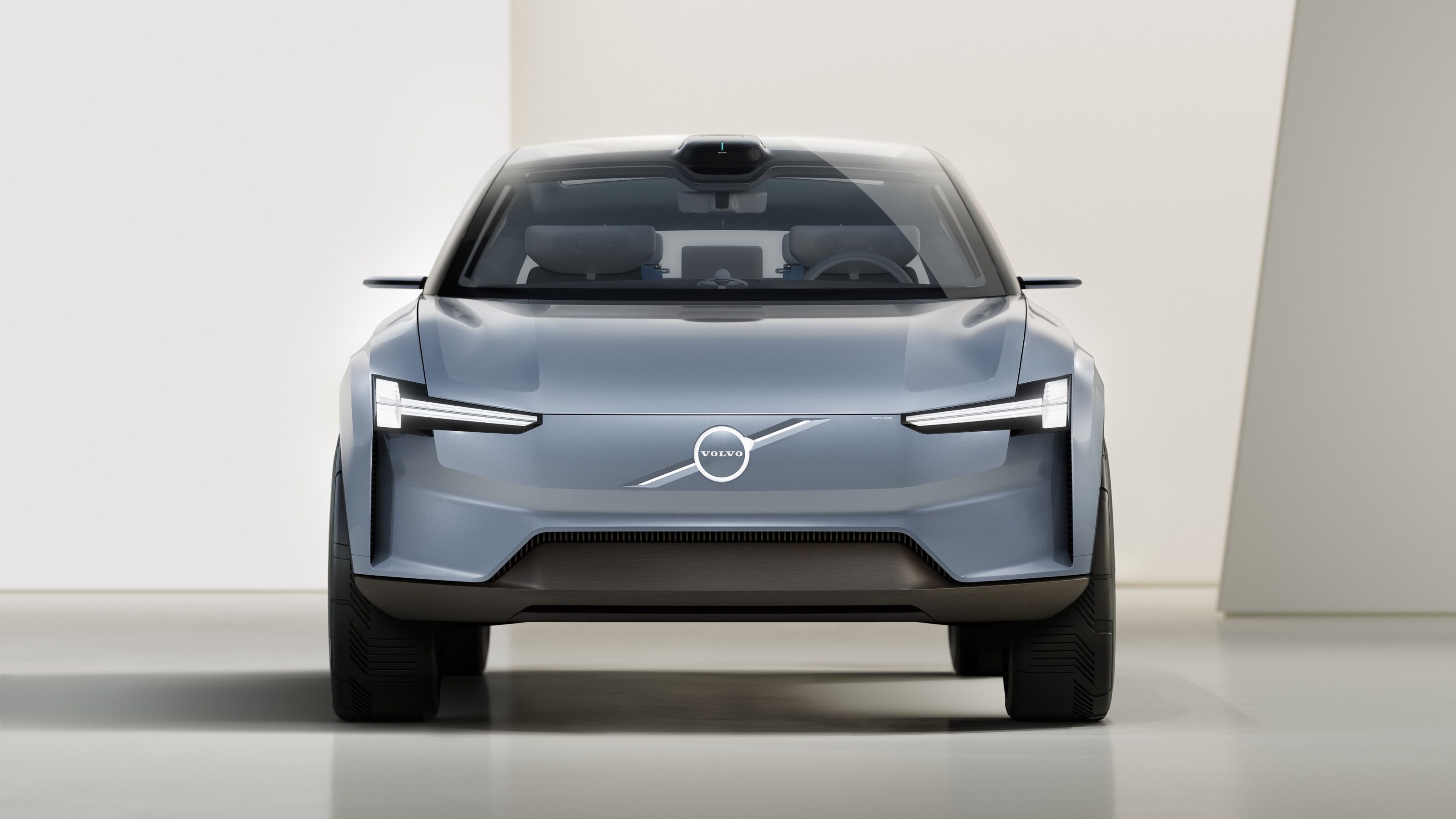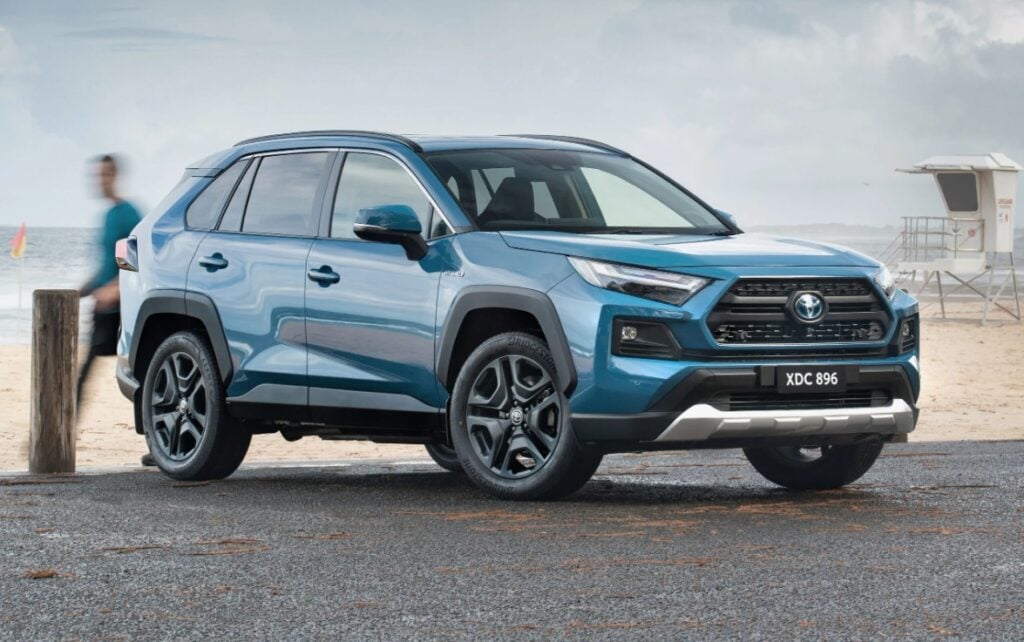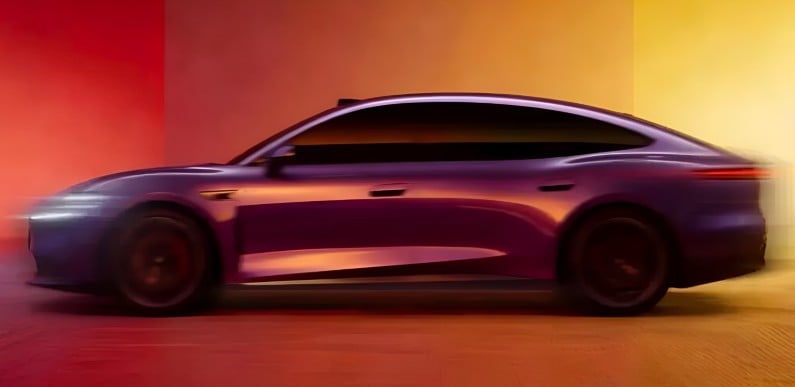Snapshot
- Volvo’s move to electric will spark naming revolution
- Current names are too ‘engineering-focused’
Volvo has confirmed plans to shift from its current alphanumeric naming structure to phonetic badging with the launch of its next-generation electric vehicles.
Speaking with Autocar, brand CEO Hakan Samuelsson confirmed the electric Volvo XC90 successor due next year – previewed by the recently-revealed Concept Recharge – will become the first model to be handed a ‘proper’ name.
“If you look at cars today, all of them are very ‘engineeredly’ named: XC, T8, All-Wheel-Drive, double-overhead cams – it’s all specification on the rear of many cars,” said Samuelsson.
“We’re talking about a totally new architecture, a new-generation of born-electric, all-electric cars with central computing… that’s why we’re not going to have numbers and letters, an engineering type of name.”
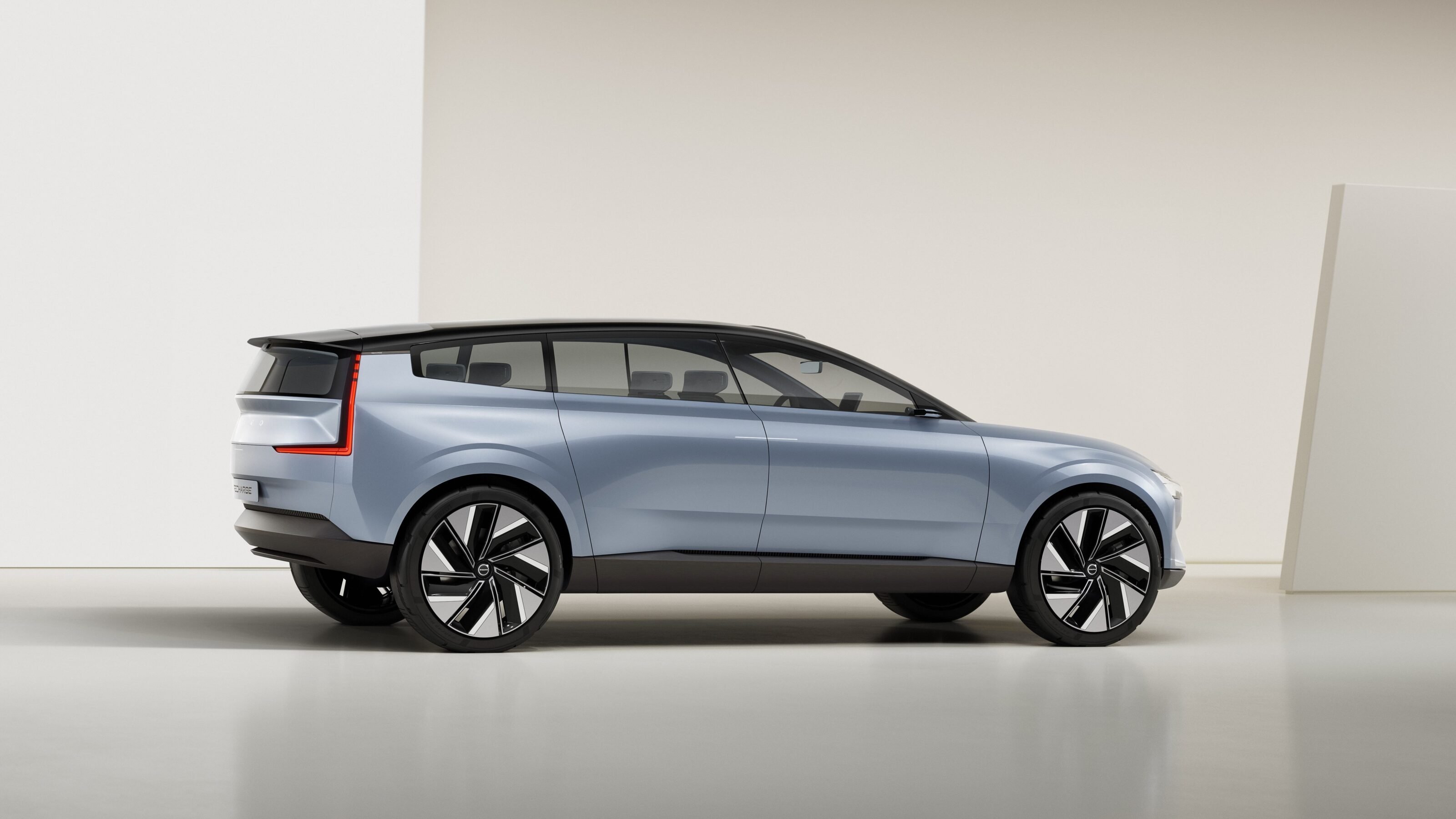
Samuelsson added that the name for the electric XC90 replacement is yet to be finalised, with discussion ongoing within boardrooms of the brand’s Gothenburg headquarters.
Bucking the trend for a widespread shift to alphanumeric branding for electric vehicles – such as the Volkswagen ID, Mercedes-Benz EQ and BMW i ranges – the Swedish marque wants its next-generation vehicles to be given more emotional names, similar to giving “a newborn child a name.”
Volvo is not the only luxury brand to make a similar move.
Cadillac has also shifted away from alphanumeric naming for its electric vehicles, seeing internal-combustion models such as the CT5 and XT6 sit alongside the all-electric Lyriq and upcoming Celestiq.
Volvo has mostly used numbers and letters, or both, for its vehicles since the launch of the ÖV 4 in 1927. It moved to the current naming structure during the mid-1990s – S for sedans, V for wagons, C for coupes and XC for crossovers, followed by a size-based number.
What name do you think the XC90’s successor should adopt?
We recommend
-
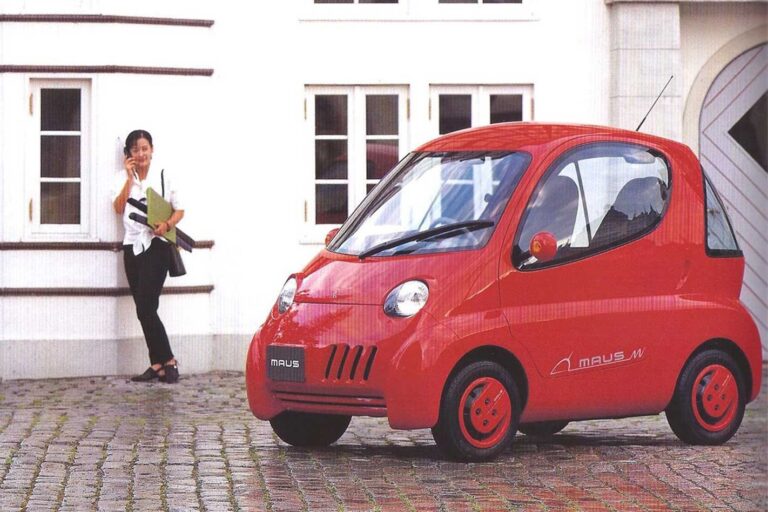 Features
FeaturesBehold the world’s worst car names of all time
Our compilation of the least thought-out badges in automotive history
-
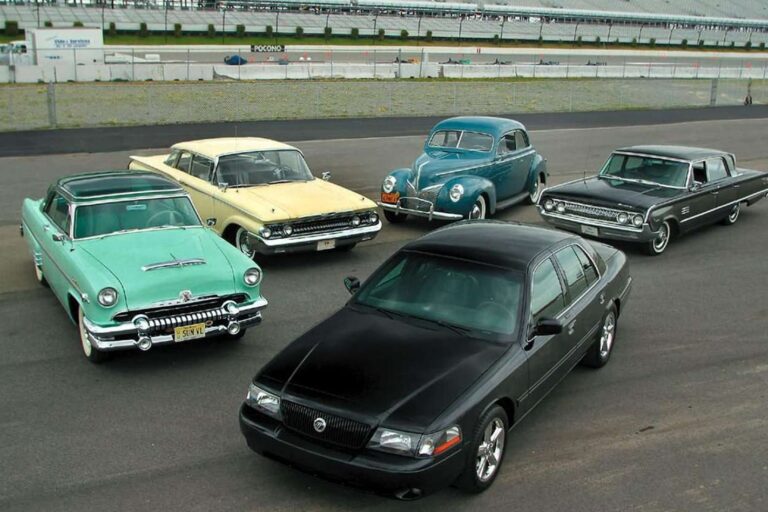 Car Style
Car StyleCar badges of honour
Instead of continuing to come up with bad car names, car makers should look to the past for inspiration
-
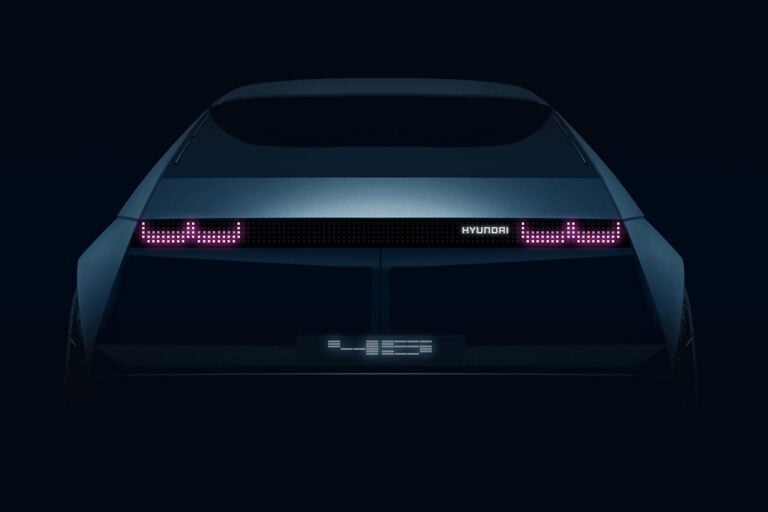 Advice
AdviceHyundai EV concept joins our list of most annoyingly named cars
The Hyundai『45』moniker uses odd punctuation that's among the most irritating in car nomenclature. Here's 10 more | GALLERY


